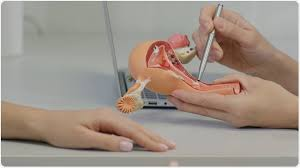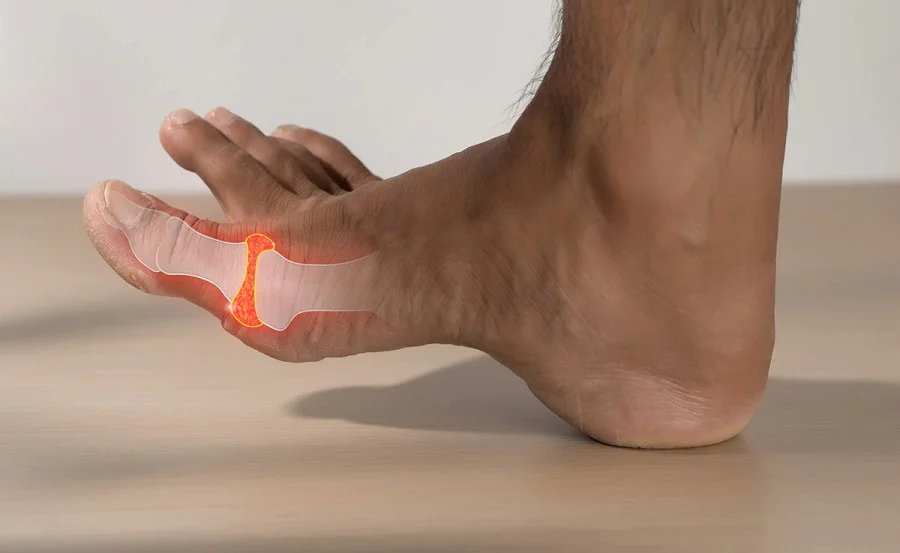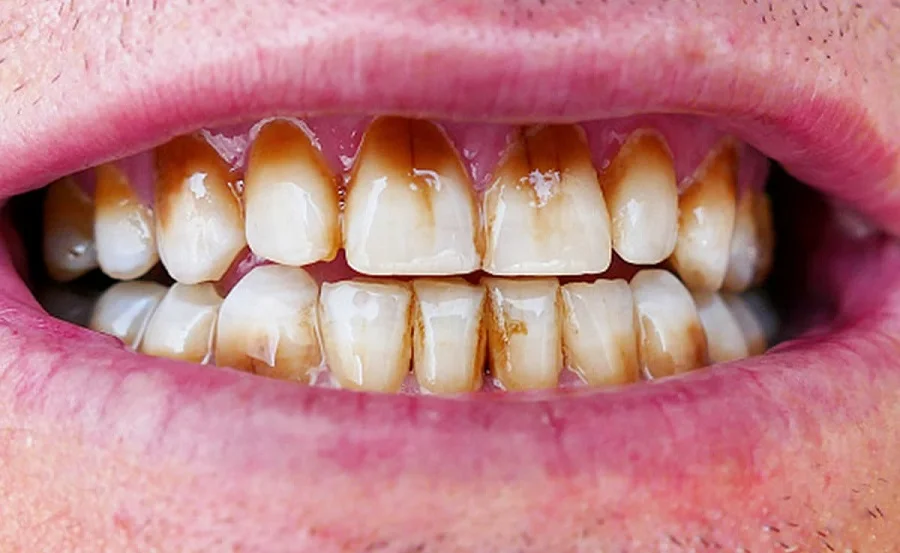
Uterus is an important part of a woman's body. It plays an important role in the reproductive system of women. But due to many problems, the uterus of women is removed. Let us know the problems caused by this.

Health Issues Women Face After Uterus Removal: The uterus is a vital organ in a woman's reproductive system, but in some cases, its removal becomes necessary due to medical conditions such as fibroids, endometriosis or cancer. This procedure, known as a hysterectomy, relieves pain and health complications, but also brings significant physical, hormonal and emotional challenges. Women may experience menopause-like symptoms, weight gain, mood swings and other health issues, which require proper care and lifestyle changes.
Women's Health: Women face these problems after removal of uterus
Why is the uterus removed?
A vital organ in a woman 's reproductive system, the uterus is sometimes surgically removed for a variety of medical reasons. This procedure, called a hysterectomy, is often recommended for conditions that cause severe pain, excessive bleeding or life-threatening complications. While it can provide relief from some ailments, removing the uterus also has significant physical and emotional effects on a woman's body. Many women face health challenges after surgery, which may require medical care and lifestyle changes. Here we explore why a hysterectomy is performed and what problems women may face after a uterus removal.
Medical reasons for removal of the uterus
Hysterectomy is performed for a number of medical conditions, including-
- Uterine fibroids: Noncancerous growths in the uterus that cause pain, heavy bleeding, and pressure.
- Endometriosis: A condition in which the tissue lining the uterus grows outward, causing severe pain and infertility.
- Uterine cancer: A life-threatening condition that requires immediate removal of the uterus.
- Chronic pelvic pain: Intractable pain caused by infection or other disorders affecting the uterus.
- Adenomyosis: A condition in which the lining of the uterus grows into the muscle layer, causing pain and excessive bleeding.
Hormonal changes after removal of the uterus
Removal of the uterus, especially with the ovaries, causes hormonal imbalances-
- Symptoms of menopause: If the ovaries are removed, menopause occurs immediately, causing hot flashes, mood swings , and night sweats.
- Low estrogen levels: Lack of estrogen can cause problems like vaginal dryness, decreased libido, and aging of the skin.
- Risk of osteoporosis: Low estrogen levels weaken bones, increasing the risk of fractures.
Physical problems after hysterectomy
Many women experience physical complications after surgery, such as-
- Pelvic weakness: Removal of the uterus can weaken the pelvic muscles, which may lead to urinary tract problems.
- Weight gain: Changes in metabolism can cause weight gain.
- Fatigue: Hormonal changes and recovery can cause women to feel constantly tired.
emotional and psychological effects
Hysterectomy can affect mental health-
- Depression and anxiety: The inability to conceive can cause emotional problems.
- Loss of femininity: Some women feel less feminine without a uterus.
- Mood swings: Hormonal changes can cause emotional instability.
Lifestyle changes after hysterectomy
Women may need to adopt healthier habits:
- Balanced diet: To maintain weight and bone health.
- Regular exercise: helps strengthen muscles and improve mood.
- Medical checkup: To monitor any complications after surgery.
Disclaimer: The information on this platform is for your information only. Always consult an expert before taking any medical or health related decisions.






